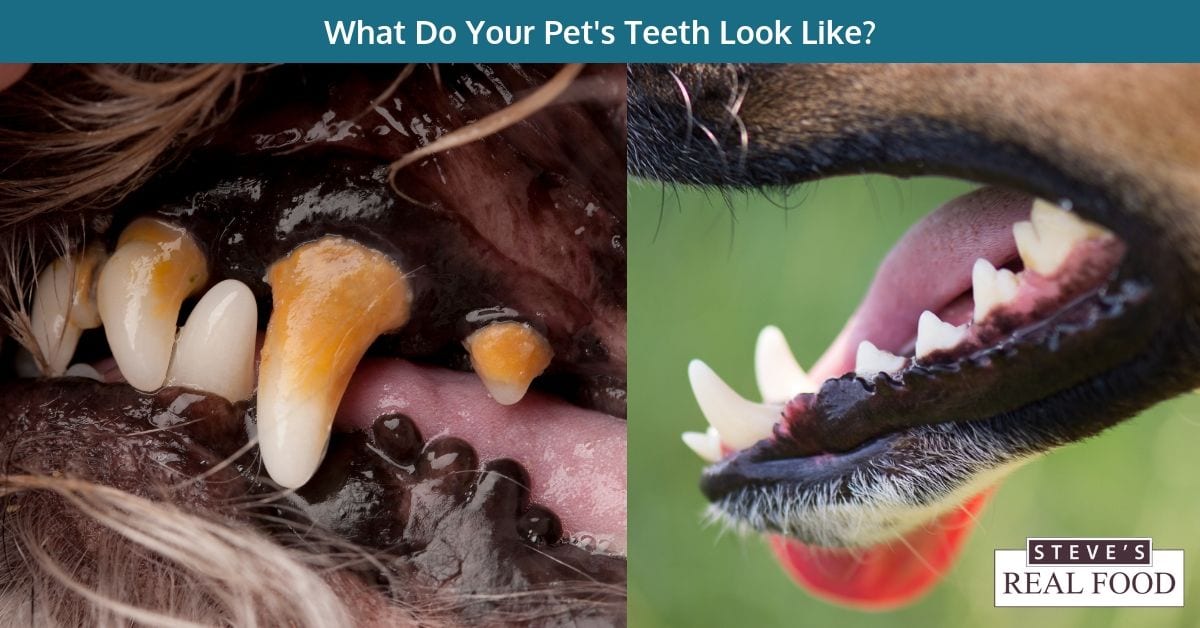Diet’s Role in Doggy Dental Hygiene

Proper dental hygiene is a critical part of your dog’s overall wellbeing.
What to Do If Your Dog Gets Diarrhea

While you might not be able to completely prevent diarrhea in your pet, knowing as much as you can about it could help you limit the occurrence of these nasty episodes.
Why Kelp is Great for Dogs

While other plants from the sea are nutritious for dogs, kelp contains 60 different minerals and vitamins and 21 amino acids, making it a great ingredient to have in dog food.

